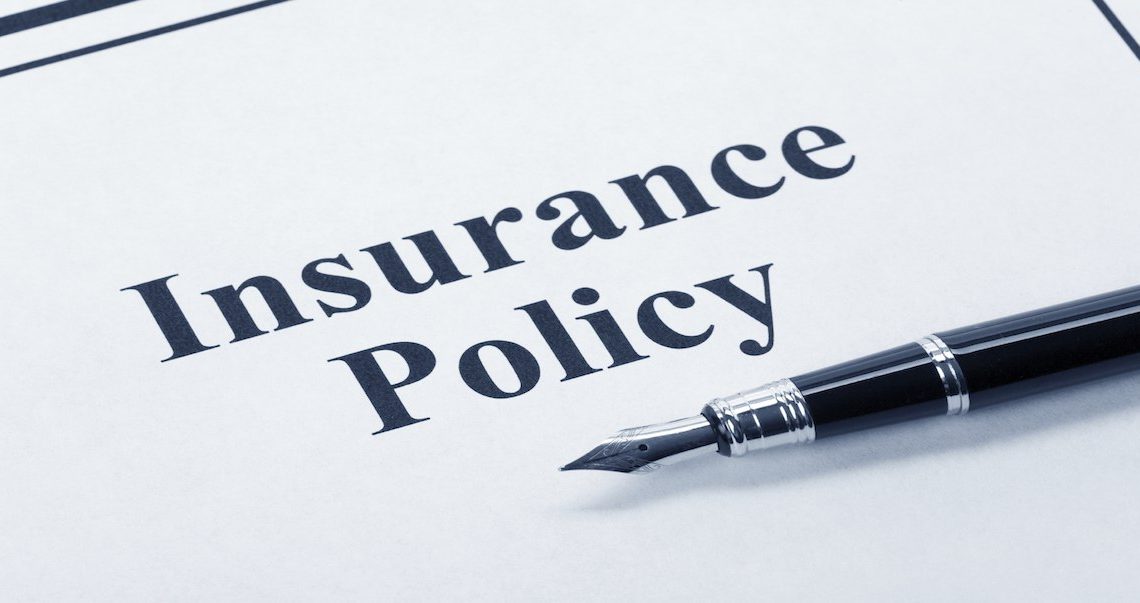
Switching Insurance Companies is a very normal aspect of having insurance; Rates go up and down (mostly up), underwriting criteria change, people move, sell a car, buy a car, sell a house or buy a house. There are many reasons why an individual may choose to cancel a policy, but before your cancel your policy take a minute to think about the timing. Insurance companies expect policies to be canceled. That being said, insurance companies prefer policies to cancel on their inception or expiration dates. It is cleaner for book keeping and it costs the company less money. If you have to sell your house or car in the middle of the policy period or move out of the state, the insurance Company will forgive you for canceling your policy, but if you are canceling your policy to save money, the insurance company would prefer that you wait until the expiration date of that policy.
That being said, there are three ways an insurance policy can be canceled; flat, pro-rata and short rate. Flat canceling a policy occurs on its inception date. No money has been earned so no money is due or needs to be returned. You just walk away. A pro-rata cancellation means that the policy holder will receive a proportionate share of their premium back. If you have a six month auto policy and cancel at three months. And if you have paid the policy in full, you would expect to get half of your money back. A short rate cancellation means the insurance company is entitled to place a penalty on the unearned premium,(the amount of money that would be paid from the cancellation date to the policy’s expiration date). The text book definition says that the penalty is 10% of the unearned premium. So let’s say that you have a 6 month auto policy that costs $500.00 and you switch companies at three months for a better price. The unearned Premium would be half of $500.00 or $250.00. A 10% penalty on $250.00 would be $25.00. Instead of getting back $250.00 with a pro-rata cancellation, you would only get back $225.00 with a short rate cancellation.
If you were making monthly payments to the insurance company there is a chance that you could still owe the insurance company some money after the policy was canceled. If that money is not paid to the insurance company, the insurance company could send you to collections and that would have a direct effect on your credit score. For the record, 10% is only a guideline, an insurance company can have any percentage of penalty as long as it is consistent, filed with and approved by the department of insurance. I knew of one insurance company that used to have a 28% short rate penalty. Today that company uses the standard 10%. The fact that there is a penalty demonstrates that insurance companies do not want to cancel policies mid stream without a good reason, ( paying less is not a good reason).
Keep in mind that a short rate cancellation will eat up a portion of the savings that you would receive from the new policy for the first policy period. Let’s say that you have teenage drivers and you are paying $2,400.00 every six months. You have paid the policy in full (to save on finance charges) and decide to switch two months into the policy period. The unearned premium is $1,600.00. You could lose $160.00 with a short rate cancellation. Your new policy is saving you $200.00 every six months. Moving your coverage to the new company two months into the policy period would reduce the savings down to $40.00 for the first six months ($200.00 savings minus $160.00 penalty). The point is, thought should go into when you cancel your policy. Your agent should be able to help you determine an appropriate date.
__________________________________________________________________________________
This article(s) represents the views and opinions of Garrett Parkinson and not the Insurance Companies that he represents or illustrates in his articles.